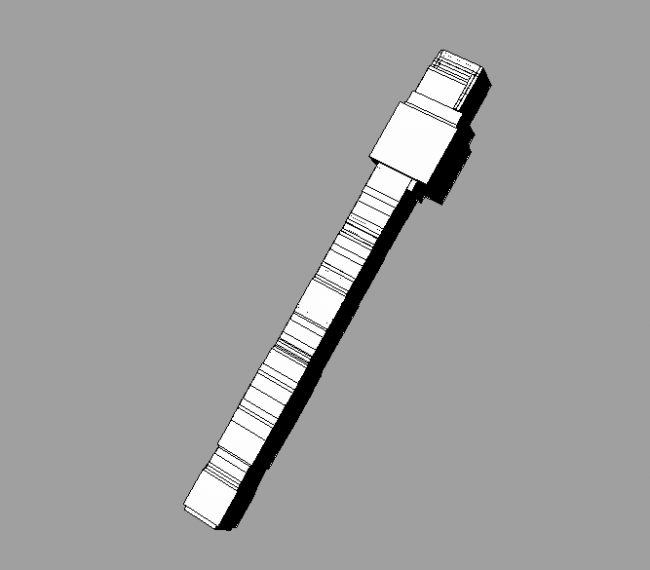Howdy, Stranger!
We are about to switch to a new forum software. Until then we have removed the registration on this forum.
Categories
- All Categories 25.7K
- Announcements & Guidelines 13
- Common Questions 30
- Using Processing 22.1K
- Programming Questions 12.2K
- Questions about Code 6.4K
- How To... 4.2K
- Hello Processing 72
- GLSL / Shaders 292
- Library Questions 4K
- Hardware, Integration & Other Languages 2.7K
- Kinect 668
- Arduino 1K
- Raspberry PI 188
- Questions about Modes 2K
- Android Mode 1.3K
- JavaScript Mode 413
- Python Mode 205
- Questions about Tools 100
- Espanol 5
- Developing Processing 548
- Create & Announce Libraries 211
- Create & Announce Modes 19
- Create & Announce Tools 29
- Summer of Code 2018 93
- Rails Girls Summer of Code 2017 3
- Summer of Code 2017 49
- Summer of Code 2016 4
- Summer of Code 2015 40
- Summer of Code 2014 22
- p5.js 1.6K
- p5.js Programming Questions 947
- p5.js Library Questions 315
- p5.js Development Questions 31
- General 1.4K
- Events & Opportunities 288
- General Discussion 365
Problems with .dxf output
Hi,
I've created a small application to translate pixel values from an image into a 3D landscape (taking r,g,b values as x,y,z coordinates), which I'm then exporting as a .dxf, before converting it to a .stl file (in Rhino) and printing it.
The code has worked pretty well for simple objects but with added complexity, it seems to only save some of the object. Any ideas as to why? Is there any way to export directly to .stl?
Here's my code:
import peasy.*;
import processing.dxf.*;
import java.util.Map;
import processing.opengl.*;
PVector[] myBoxes;
PeasyCam cam;
boolean record;
PImage img;
ArrayList pixelArrayList;
int count = 0;
int ycount = 0;
int xcount = 0;
int step = 10;
void setup() {
// img = loadImage("P_test.jpg");
img = loadImage("E00411514.jpg");
size(1080, 720, P3D);
cam = new PeasyCam(this, 100);
cam.setMinimumDistance(50);
cam.setMaximumDistance(10000);
//void DrawObject
img.loadPixels();
// myBoxes=new PVector[img.width*img.height]
background(0);
// directionalLight(255, 255, 255, 1, 1, -1);
// directionalLight(127, 127, 127, -1, -1, 1);
pixelArrayList = new ArrayList();
int myIndex=0;
for (int y = 0; y < img.height; y+=step) {
for (int x = 0; x < img.width; x+=step) {
myIndex=y*img.width+x;
int red = (int)red(img.pixels[myIndex]);
int green = (int)green(img.pixels[myIndex]);
int blue = (int)blue(img.pixels[myIndex]);
// amplify
// red = (int)(red/10)+(int)(red/2)/(int)(red/PI);
// green = (int)(green/10)+(int)(green/2)/(int)(green/PI);
// blue = (int)(blue/10)+(int)(blue/2)/(int)(blue/PI);
HashMap <String, Integer> hm = new HashMap <String, Integer>();
hm.put("x", x);
hm.put("y", y);
hm.put("r", red);
hm.put("g", green);
hm.put("b", blue);
ycount++;
count++;
pixelArrayList.add(hm);
// println(hm);
}
xcount++;
ycount = 0;
}
// rotateY(mouseX*1.0f/width*TWO_PI);
// rotateX(mouseY*1.0f/height*TWO_PI);
// for (int i = 0; i < pixelArrayList.size(); i+=10) {
// translate (1, 1, 0);
// HashMap <String, Integer> hm = (HashMap <String, Integer>) pixelArrayList.get(i);
// box(hm.get("r"), hm.get("g"), hm.get("b"));
// }
}
void draw() {
background(50, 124, 149);
for (int i = 0; i < pixelArrayList.size(); i++) {
HashMap <String, Integer> hm = (HashMap <String, Integer>) pixelArrayList.get(i);
int zscale = (int)hm.get("r")*(int)hm.get("g")*(int)hm.get("b");
int x = (int)hm.get("x");
int y = (int)hm.get("y");
int r = 255-((int)hm.get("r"));
int g = 255-((int)hm.get("g"));
int b = 255-((int)hm.get("b"));
pushMatrix();
translate(x, y, 0);
fill(172, 105, 57);
// fill((int)hm.get("r"), (int)hm.get("g"), (int)hm.get("b"));
// println(x, y);
//sphereDetail(8);
//noStroke();
box(r, g, b);
scale(0.1, 0.1, 0.1);
popMatrix();
}
// rotateY(mouseX*1.0f/width*TWO_PI);
// rotateX(mouseY*1.0f/height*TWO_PI);
if (record) {
beginRaw(DXF, "output.dxf");
}
// Do all your drawing here
if (record) {
endRaw();
exit();
}
}
void keyPressed() {
// Use a key press so that it doesn't make a million files
if (key == 'r') {
record = true;
}
}
It returns a model like this in the java window: Screen Shot 2014-05-02 at 11.29.21
but a .dxf file like this (at least this is how it opens in Rhino.

it seems like it just takes part of the model.
Thanks - any help much appreciated.

Answers
Apologies, I realise I haven't annotated this and it's a bit messy. Let me know if there's any confusion.
Lines 98 to 106, it looks like you start to record after having done the drawing, and you stop the record immediately after. I don't even understand how you can have anything in your file.